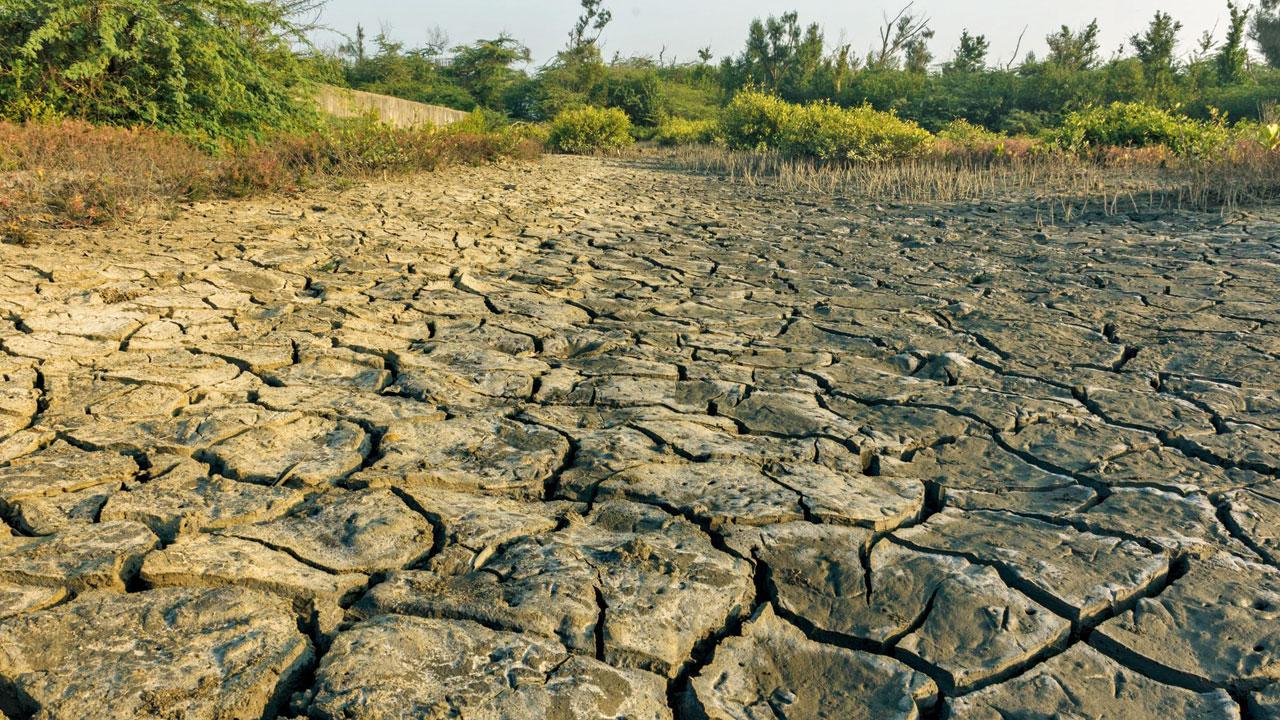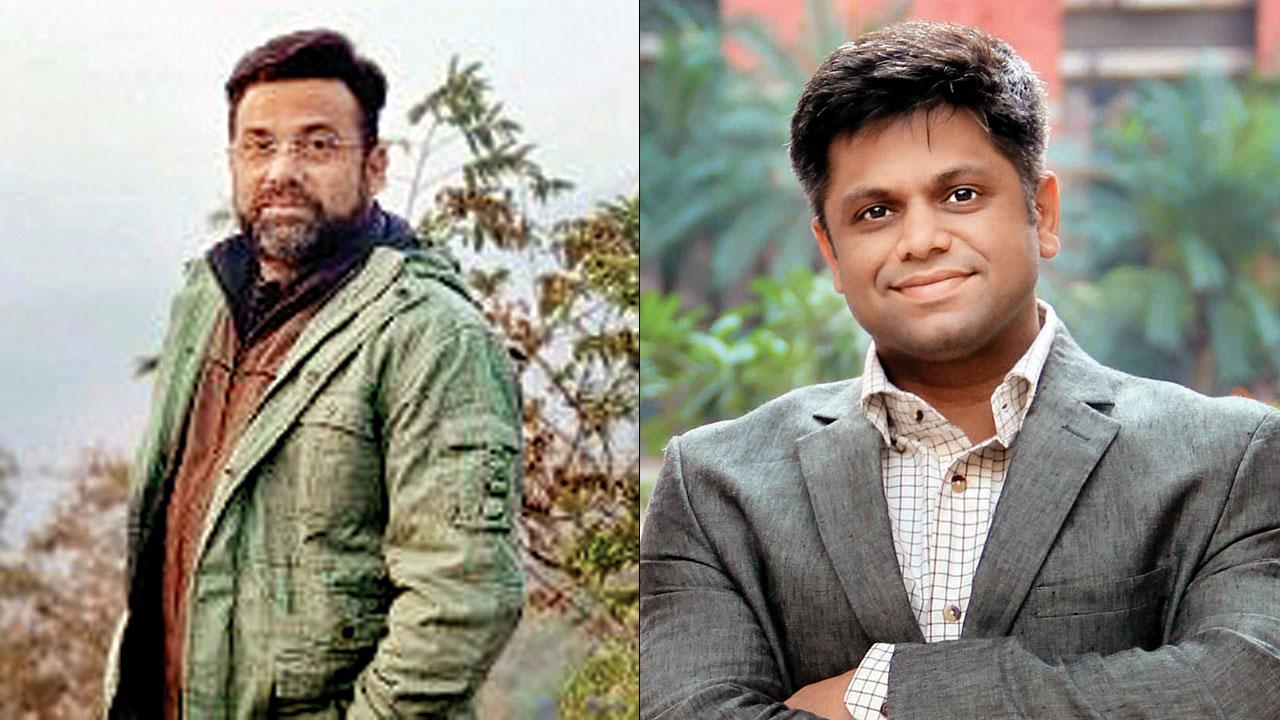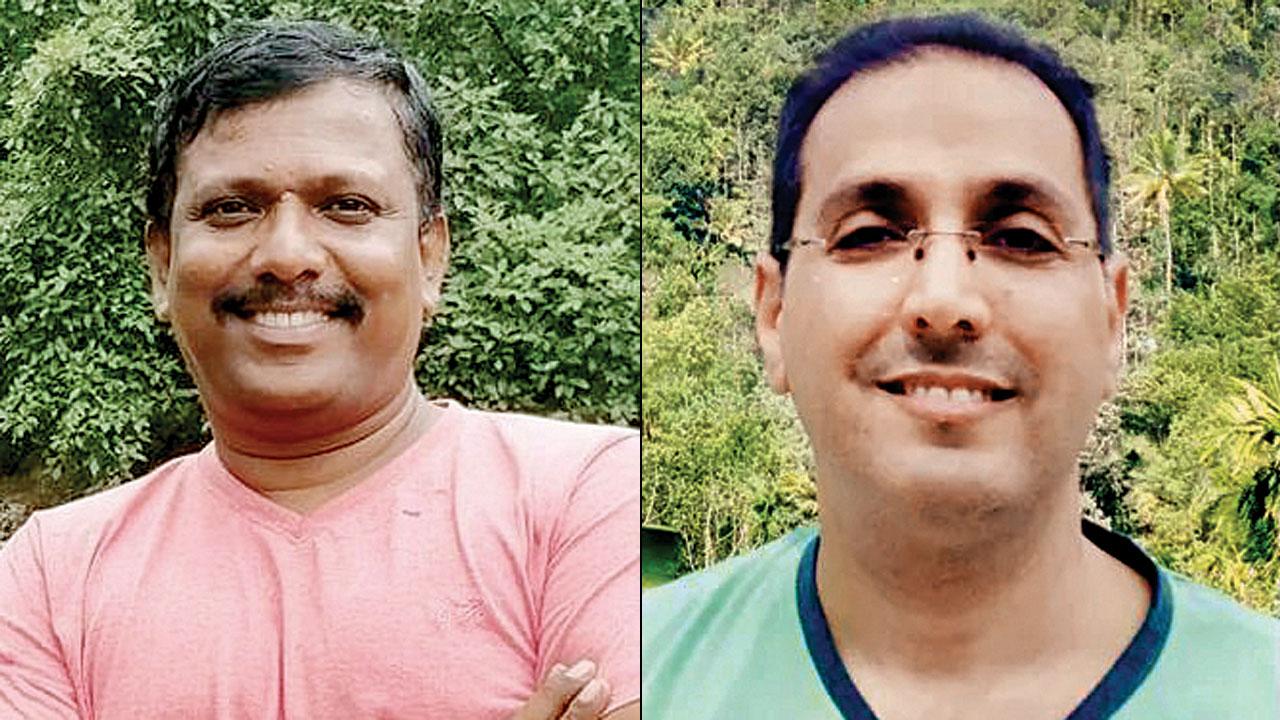mid-day speaks with environment experts about what political parties should include in election manifestos

Biodiversity and habitat loss can have detrimental effects on the region’s groundwater, rainfall pattern and hydrology of rivers. Representation Pic
In view of the Lok Sabha Elections 2024 announcement, mid-day discusses the expectations of experts regarding the inclusion of environmental and wildlife-related issues in political manifestos. Concerns about climate change and wildlife conservation have been hot topics of conversation around the globe, and India is no exception. In the past, a number of nations included environmental sustainability and climate change in their green manifestos in elections. We spoke with a few subject-matter specialists to find out what they anticipated from political parties’ election manifestos.

Experts say ecologically destructive projects should have no place in modern India. Representation Pic
Wildlife conservationist Kedar Gore from The Corbett Foundation said, “Article 51-A(g) of the Constitution of India clearly states that ‘It shall be the duty of every citizen of India to protect and improve the natural environment including forests, lakes, rivers and wildlife and to have compassion for living creatures’. Political parties who strive to form the government in India should take decisions and lay down policies that abide by this fundamental duty in letter and in spirit. There should be a zero-tolerance policy towards any kind of environmental destruction. Announcing developmental projects in the election manifesto must be carefully vetted for their negative effects on India’s precious biodiversity and wilderness habitats.”
According to Gore, biodiversity and habitat loss are often irreversible and can have detrimental effects on the region’s groundwater, rainfall pattern, hydrology of rivers, agriculture and overall livelihoods of people, in addition to driving several species towards extinction. “I would love to see political parties plan meticulously to prevent water misuse in cities, effective waste management in smaller towns and villages, avoid projects that need wide-scale reclaiming of mountains, wetlands, mangroves and coastline, retain and create more open green spaces in urban areas for recreational and ecological needs, and ensure wildlife habitat connectivity is maintained across India.”

Kedar Gore, The Corbett Foundation (right) Siddharth Edake, Food, Land and Water program, WRI India
He added that wetlands, grasslands and deserts need to be recognised as important and unique ecosystems and not as ‘wastelands’. “We need policies to ensure these natural areas are preserved for posterity. And last but not least, ecologically destructive projects should have no place in modern India. In our quest to balance development with the environment, we have more than often seen the imbalance tilted in favour of environmental destruction. This should be unacceptable to all Indians and the protection of environment and nature must be treated at par with national security.”
Siddharth Edake, senior manager, Food, Land and Water program, WRI India said, “Political parties must mainstream environmental concerns and devise solutions in their election manifestos. Climate change-induced events are severely impacting quality of life and affecting people’s livelihoods across the country. We are currently witnessing acute water crises in Bengaluru owing to uncontrolled urbanisation and drying up of natural water bodies… while there have been flash floods in Sikkim and Himachal Pradesh and severe pollution across major cities. India’s economy is closely tied to natural resources like agriculture, water, and forests. All stakeholders need to urgently join forces to tackle environmental challenges for the nation’s prosperity and welfare.”

Stalin D, director, Vanashakti (right) Zoru Bhathena, activist
Meanwhile, environmentalist and director of NGO Vanashakti, Stalin D said, “To start with, the politicians should accept and understand that we have lost much of our forests and tree cover. They should ensure that no more ecosystems are destroyed under the guise of development. Projects need to be executed by spending more money while protecting the existing environment.”
Stalin D elaborated on this, saying, “Mumbai, for example, has no space left for planting trees and we are steadily losing our tree cover. Projects are being bulldozed through national parks and conservation areas. The politicians should promise that all future roads through biodiversity areas will be elevated or underground. A near-complete halt to environmental destruction must be done. But to achieve this we need environmentally literate and sensitive leaders. Where is that going to come from?”
According to him, environmental issues are localised as well and every candidate must include his or her vision in the manifesto which tackles the local environmental problem. “Environmentally disconnected populations with environmentally illiterate leaders make a perfect combination to unleash ruin upon nature. It’s time we changed that.” Activist Zoru Bhathena said, “Destruction of the environment is development. Preserving and protecting the environment is development. We need more development and less ‘devil’-opment.”
 Subscribe today by clicking the link and stay updated with the latest news!" Click here!
Subscribe today by clicking the link and stay updated with the latest news!" Click here!








